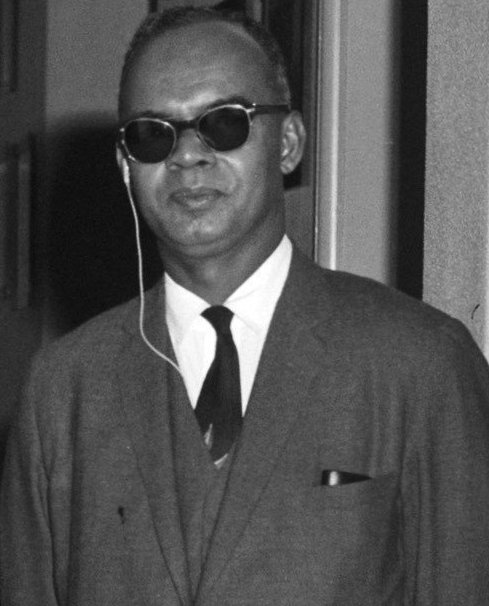John Comaroff is Hugh K. Foster Professor of African and African American Studies and of Anthropology at Harvard University. Before joining the Department of African and African American Studies, John Comaroff was the Harold H. Swift Distinguished Professor of Anthropology at the University of Chicago. He is also an Honorary Professor of Anthropology at the University of Cape Town, and an Affiliated Research Professor at the American Bar Foundation. His current research in South Africa is on crime, policing, and the workings of the state, on democracy and difference, and on postcolonial politics. His authored and edited books include, with Jean Comaroff, Of Revelation and Revolution (2 vols), Ethnography and the Historical Imagination, Modernity and its Malcontents, Civil Society and the Political Imagination in Africa, Millennial Capitalism and the Culture of Neoliberalism, Law and Disorder in the Postcolony, Ethnicity, Inc., Zombies et Frontières A l'Ere Néolibérale, Theory from the South: or, how Euro-America is evolving toward Africa, and The Truth Abouth Crime: Policing and the Metaphysics of Disorder. With Jean Comaroff he is currently completing The Return of Khulekani Khumalo, Zombie Captive: Law, Imposture, and Personhood in Postcolonial South Africa, and co-editing Chiefship and the Customary in Contemporary Africa.
Jean Comaroff is Alfred North Whitehead Professor of African and African American Studies and of Anthropology at Harvard University. Jean Comaroff was educated at the University of Cape Town and the London School of Economics. After a spell as research fellow in medical Anthropology at the University of Manchester, she moved to the University of Chicago, where she was remained until 2012 as the Bernard E. and Ellen C. Sunny Distinguished Service Professor of Anthropology at the University of Chicago, and Director of the Chicago Center for Contemporary Theory. She is also Honorary Professor at the University of Cape Town. Her research, primarily conducted in southern Africa, has centered on processes of social and cultural transformation – the making and unmaking of colonial society, the nature of the postcolony, the late modern world viewed from the Global South. Her writing has covered a range of topics, from religion, medicine and body politics to state formation, crime, democracy and difference. Her publications include Body of Power, Spirit of Resistance: The Culture and History of a South African People (1985), “Beyond the Politics of Bare Life: AIDS and the Global Order” (2007); and, with John L. Comaroff, Of Revelation and Revolution (vols. l [1991] and ll [1997]); Ethnography and the Historical Imagination (1992); Millennial Capitalism and the Culture of Neoliberalism (2000), Law and Disorder in the Postcolony (2006), Ethnicity, Inc. (2009), Theory from the South, or How Euro-America is Evolving Toward Africa (2011), and The Truth About Crime: Policing and the Metaphysics of Disorder in South Africa. In the pipeline is The Return of Khulekane Khumalo, Zombie Captive: Law, Imposture, and Personhood in Postcolonial South Africa. Also in process is an edited collection, Chiefship and the Customary in Contemporary Africa. A committed pedagogue, she has won awards for teaching at both the undergraduate and graduate levels, and has worked to enable college students to study abroad, especially in Africa.










